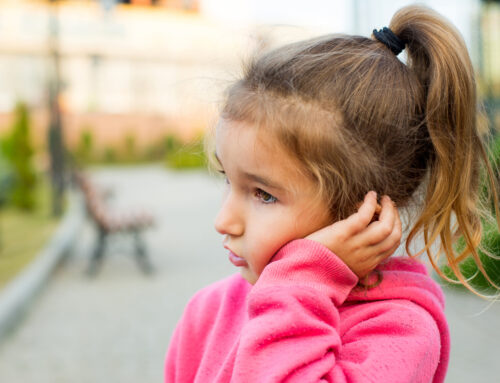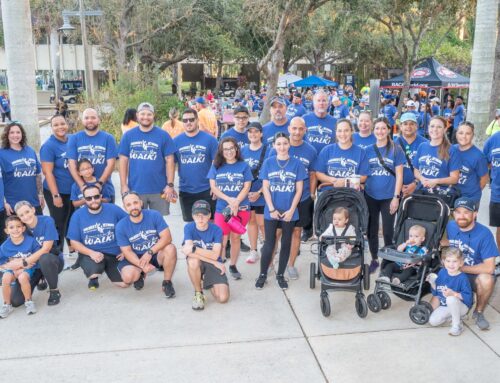10 Non-Tech Holiday Gift Ideas to Promote Kids’ Language & Learning
by Irwin J. Kash, MD
Children of all ages are filling their holiday wish list with things like tablets, cell phones, wearables, headphones, and other tech-related gifts. But it’s important to find a balance and ensure that today’s connected kids have some quality off-line time, too. The holidays are a great time to get back to some of the basics in childhood play that foster communication and social interaction. Ideas for a Low-Tech Holiday Gift List:
- Traditional toys remain superior to electronic toys for children’s language development. For example, when toys talk, parents talk less—and subsequently, kids vocalize less. Blocks, dolls, musical instruments, cars, trains, shape-sorters, and other low-tech toys get kids—and parents—talking, singing, playing, and interacting. These all help build foundational communication skills.
- Books always make excellent presents, and sharing the joy of reading is a lifelong gift.
- For infants and toddlers: Books with textures inviting touch are ideal, as are colorful board and picture books.
- For children learning how to read: Give books appropriate to their skill level to facilitate emerging literacy.
- For older children: Find engaging chapter books and book series. Family members can take turns reading chapters aloud. This may be the start of a family book club.
- Board, card, and conversation-based question games are great to enjoy and play as a family. They get everyone talking and laughing and build some great memories. There are games for all age ranges. And what better time of year than winter to begin family game nights for building conversation, connections—and fun!
- Costumes and other dress-up accessories allow kids to use their imaginations and foster creativity. Children’s language skills expand as they make up dialogues, tell stories, sing, and take turns.
- Building toys, blocks, and crafts make for some fun indoor activities to occupy kids on cold days. They also help hone fine motor skills for all ages. For young children, motor skills are closely linked to language development.
- Outdoor toys such as balls, sleds, jump ropes, and yard games encourage running, jumping, sports and other active play. Physical activity and movement prime children for learning.
- Puzzles—ranging from basic options for young children to complex types the whole family can attempt as a team—spur conversation while building analytical, problem-solving and other skills.
- Cooking supplies work as fun gifts for children of almost any age. Involving young kids in making and trying new foods offers a wealth of opportunity for conversation and language-building, including likes and dislikes, tastes, textures, and more. For older kids, cooking together sets the scene for family bonding. Following recipes also helps improve reading and comprehension skills, planning, organization, sequencing, and following directions.
- Crayons, colored pencils, coloring books and other writing supplies are a childhood staple, and they help children build fine-motor skills. Coloring also helps young children build their vocabulary and learn their color names.
- Tickets to child-friendly shows, sporting events, or other performances are great gifts, as they allow parents and children to enjoy special activities together. These outings promote family interaction, conversation, and bonding. In addition, memberships to local zoos, museums or aquariums make great gifts for entire families to enjoy!
Of course, technology gifts will likely remain on your child’s shopping lists year after year—the reality of growing up in today’s world. Parents can help their children balance their online and off-line lives.If you do give your child a technology-related gift, use it as an opportunity to lay out some ground rules and make a family media plan.
Peace,
Irwin J. Kash MD








